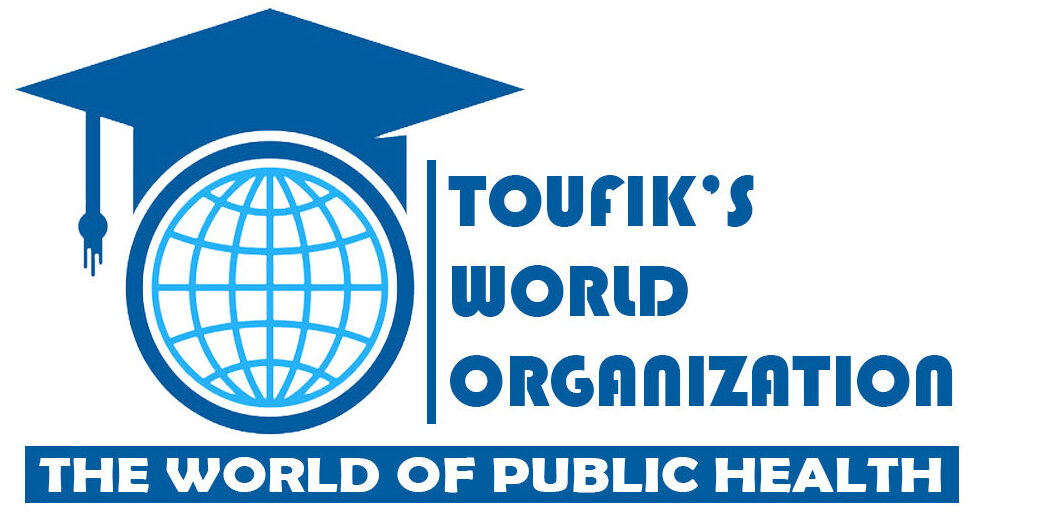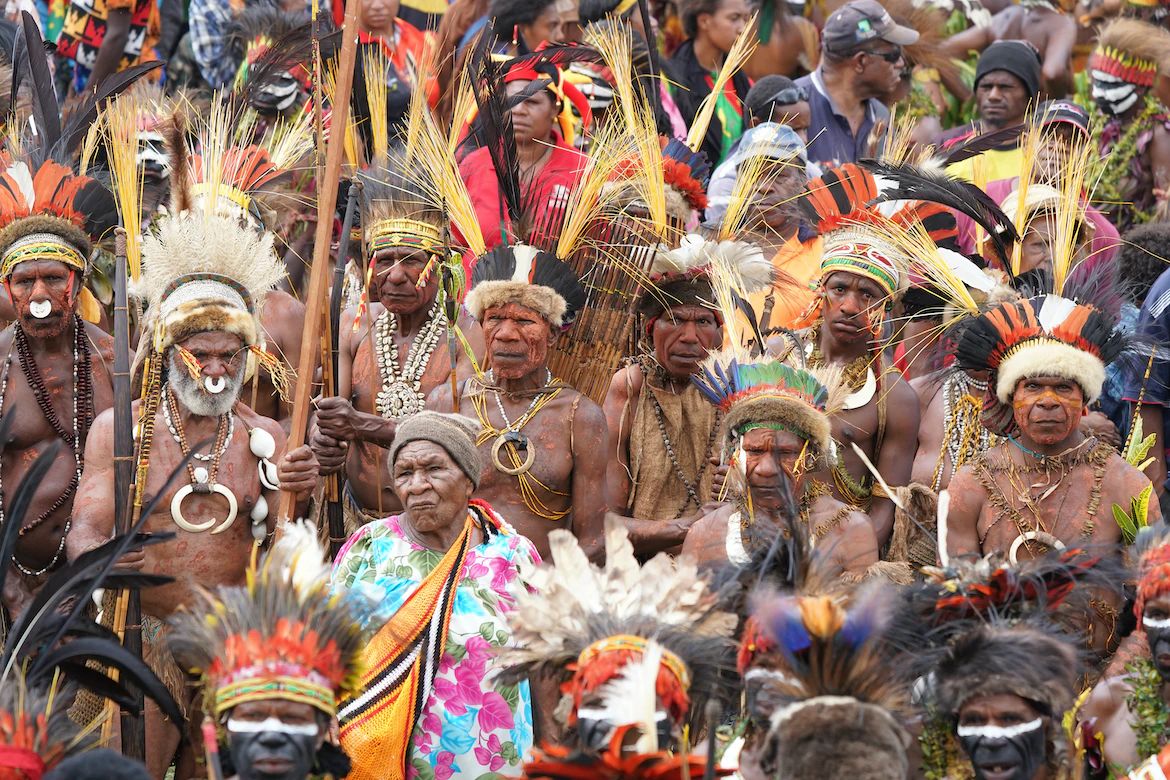Credit: Unsplash
This article was written for Toufik’s Guide Magazine by Geoffrey Gabriel. Statements or opinions expressed in this content strictly reflect the views of the author and not that of Magazine’s.
Cultural imperialism according to Theresa Weynand Tobin, is the imposition by one usually politically and economically dominant community of diverse aspects of its culture onto another non dominant community. The rise in popular discourse of cultural imperialism began in the 1960s and is linked with military intervention and conquest, the rise and spread of the Roman Empire and western colonization of Africa. It is worthy of note that prior to the colonization of Africa by western nations, the continent had her rich cultural heritage which at that time was the best for her. Over time however, as civilization began gradually the colonial masters whom were alien to this “barbaric” practices began infusing their languages and by large their socio economic and cultural practices on the African man. Negative as this may seem to ardent practitioners of African traditions, this “forceful intrusion” brought about rise in education, upgrade from the primitive ways of life as evident in agricultural practices, transportation, health care delivery and an over all increase in knowledge of the African man.
Fast forward to recent times, it is a herculean task to clearly define if the African continent wishes to go back to her precolonial days or to break forth and sit amongst the international community of developed continents. One excuse that has stood predominantly is that of cultural imperialism in that any deviation from the African norm to foster a better society that suits world’s contemporary standards is termed cultural imperialism and is accompanied with a quick history of how blessed and rich the continent was before the coming of the colonial masters.
The girl child education and women rights amongst a host of other agitated developmental strides has continued to remain just beautiful paper presentations in Africa because it is “cultural imperialism” to bring the girl child out of the kitchen where she has being called to serve for life according to what is now known globally as the “African mentality”. The question that readily comes to mind is, if we could trust the west to be educated, have duplicated their transportation system, if we have copied their laws etc and we have benefited tremendously from these then, why can’t we trade our mentality to theirs since it is yielding positive results? Your guess is as good as mine.
There may be norms and practice in the west which any other society may rightly have reservations about but, the modern day slavery method ardent Africans have adopted tagging everything which seeks a deviation from the norms of the continent which would improve its developments and people generally, all in a bid to continue some obnoxious practices is unacceptable. Until we rise beyond our insecurities and look at some critical aspects of our lives and purposefully change, Africa as a continent will continually remain backwards in development and will never be taken seriously amongst community of nations.
In conclusion, cultural imperialism as we call it, has being the tool that has brought us civilization, education and many other good things we enjoy today. We should therefore, as a people not be selective with our acceptance. We should accept cultural imperialism beyond just infrastructure, we should apply it in some of our mindsets too and anything which is morally and spiritually right from the west, we should embrace it, practice it and bring ourselves into further limelight. No matter how we see cultural imperialism as a curse, it is a tool for growth because no society should remain stagnant since man is an innovative being and African cannot afford to be an exemption.
About the author
Geoffrey Gabriel , a Nigerian, hails from Abeda Shitile in Logo Local Government Area of Benue State. He is an Agent of Change who believes existing societal value systems, status quo and stereotypes should be questioned, improved upon and a better society be birthed. His primary hobbies are; writing, reading, listening to music and watching football. Teaching, sight seeing and meeting people of common purpose are his other interests.

